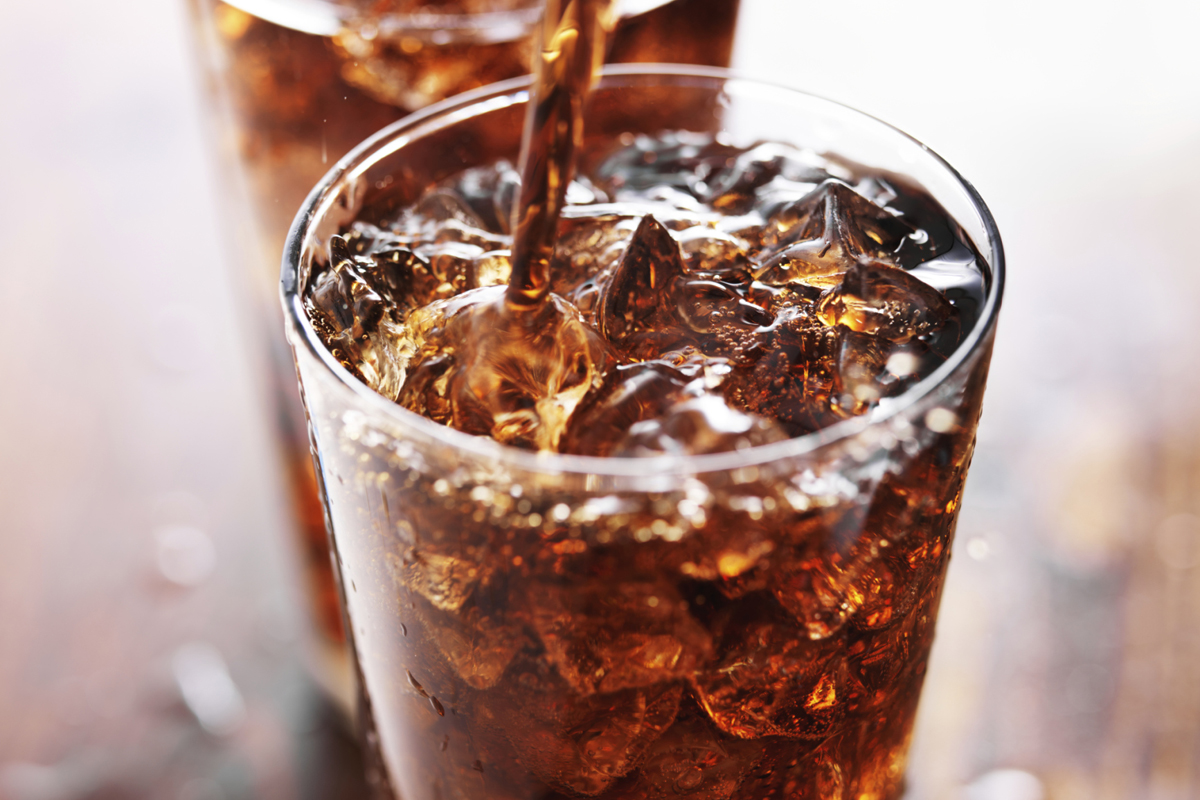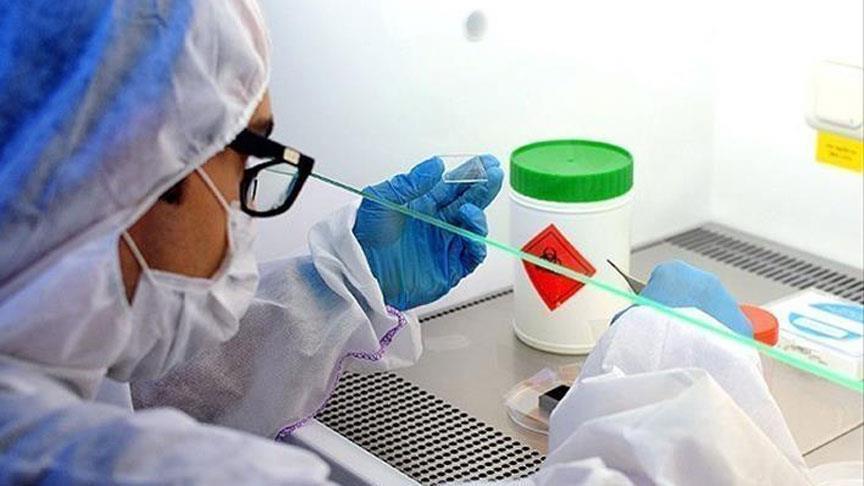Many people opt for low-calorie sweeteners as a "healthful" alternative to sugar, but a new study suggests that they may not be so beneficial after all. Researchers have found that consuming high amounts of low-calorie sweeteners may promote fat formation, particularly for individuals who are already obese.
Axar.az reports that researchers say that low-calorie sweeteners - often found in diet sodas - may boost the formation of fat.
Principal study investigator Dr. Sabyasachi Sen, of George Washington University in Washington, D.C., and colleagues reached their findings by analyzing the effects of sucralose on stem cells derived from human fat tissue, as well as on abdominal fat samples.
The researchers recently presented their findings at ENDO 2017 - the 99th annual meeting of the Endocrine Society, held in Orlando, FL.
Sucralose is a zero-calorie, artificial sweetener that is up to 650 times sweeter than sugar. It is used as a sugar substitute in a wide variety of products, including diet sodas, table-top sweeteners (such as Splenda), baking mixes, gum, breakfast cereals, and even salad dressings.
Given the widely documented health implications of sugar consumption, an increasing number of people are turning to products containing sucralose and other artificial sweeteners, with the view that they are better for health.
"However, there is increasing scientific evidence that these sweeteners promote metabolic dysfunction," notes Dr. Sen.
For their study, the researchers sought to gain a better understanding of how low-calorie sweeteners affect the body's metabolism at a cellular level.
.jpg)
.jpg)
.jpg)
































.jpg)
.jpg)


















